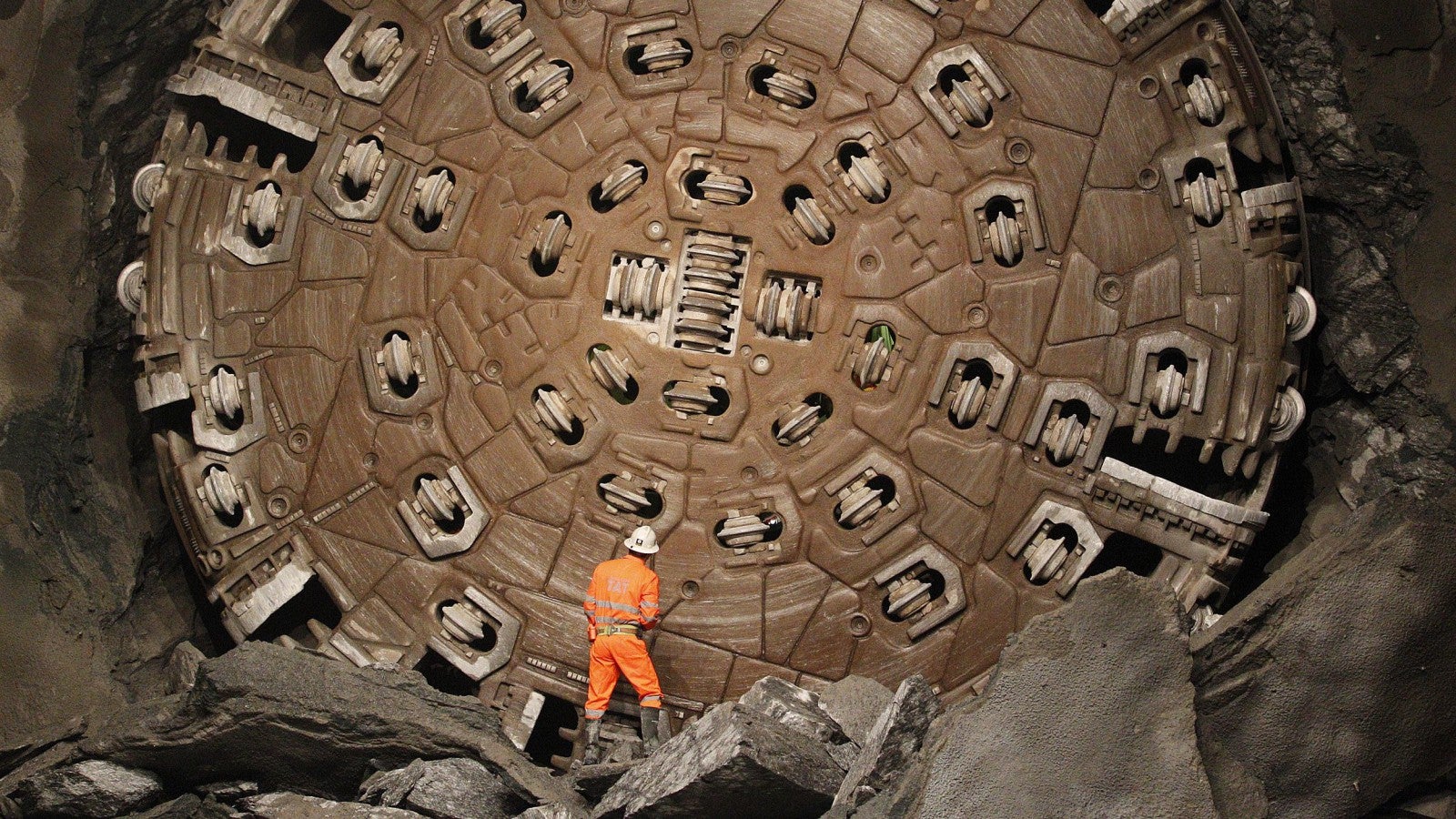Machines are destroying some jobs, but also creating better ones through “creative destruction”
Do machines create or to destroy work for humans?


Do machines create or to destroy work for humans?
“Many of the most profound effects of technology are indirect and unforeseen,” write the authors of a new study into the effects of new technology on the workforce in England and Wales, using census data going back to 1871 and the Labour Force Survey going back to 1992. Ian Stewart, Debapratim De and Alex Cole, all economists at the consultancy Deloitte, write in a draft report that “the current discourse is biased towards the job-destroying effects of technological change due to the relative unpredictability of its creative aspects.”
It’s partly this uncertainly that drives today’s worried narrative of robots making people obsolete. But the researchers conclude that, while the interaction of the job market and technology is chaotic, change is essentially more a creator of jobs than it is a force for their destruction. They discovered what they call “creative destruction”—some jobs are indeed destroyed by automation, such as the development of household washer-dryers or industrial farming machinery. But others are created by advances in areas, like health and education.
They created a list of the fastest growing and fastest shrinking occupations since 1992 (including only jobs for which the sample size was large enough):
Far more people work as teachers, information technology manager, and nursing auxilliaries than 22 years ago—an increase of more than 900% in the nursing example. Meanwhile, manual labour, craft, and typing jobs have fallen:
Some of these changes reflect more internationalization of work, like the outsourcing of manufacturing to other countries. Meanwhile “routine jobs, both cognitive and manual, have suffered most, because technology can readily substitute for labour,” the researchers write.
In fact, they identify four ways in which jobs and technology can interact:
- Machines can replace “muscle power,” shrinking employment (as with the agricultural machinery so hated in the 19th century).
- Technology can create employment in new sectors—the number of programmers and software development professionals has risen by a factor of nearly three in the last 35 years, they note.
- In specialized areas, like medicine and accountancy, technological advances can create more jobs.
- And technological advances can drive prices lower and create consumer demand, which in turn creates jobs. ”Machines will continue to reduce prices, democratising what was once the preserve of the affluent and furnishing the income for increased spending in new and existing areas,” the authors write.
Current fears stem from “advances in machine learning and enormous increases in storage, processing and communication capacity” which increasingly enable machines to “tackle complex tasks involving thought and judgement,” the authors note, thereby circumventing people. They will, indeed, continue to take on more repetitive and laborious tasks—even those involving thought.
But, they authors insist, they are ”no closer to eliminating the need for human labor than at any time in the last 150 years.” Is your own job on the line? Maybe.